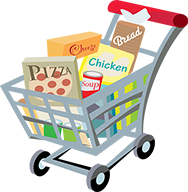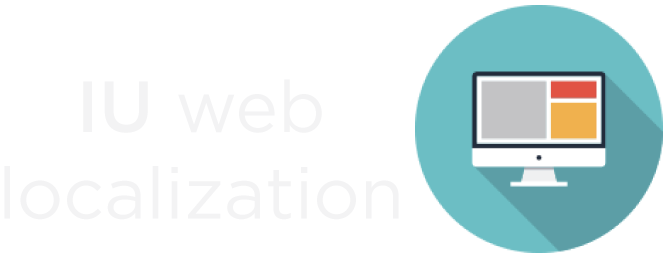Translating food labels is now more important than ever. Proper labeling and packaging keeps companies legally compliant and consumers safe and informed. With today’s hype surrounding diet and workout programs, one may make the assumption that food labels are of utmost importance to “calorie counters” and fitness enthusiasts. But this is not the case at all. Translating food labels keeps all consumers safe, happy and educated about the food they’re eating.
Translating Food Labels Keeps Customers Loyal
Consumers want to know what they’re eating! It’s especially true for those with health conditions or allergies to nuts, soy, dairy or gluten. We’ve all made the decision to pick up a box of macaroni and cheese or open a can of soup instead of cooking a meal made from whole foods. Without proper labeling, one is in jeopardy of a medical emergency. Consumers benefit from translations by maintaining a healthy diet and lifestyle while developing brand affinity to the foods they love.
Why Companies Invest in Food Label Translation
In the United States, the Food and Drug Administration (FDA) imposes mandatory regulations for food manufacturers and retailers. Countries outside of the US have strict government regulations on imported food products. Professional translation of nutrition labels and packaging protects the company from international lawsuits.
For example, the FDA requires nutrition labels to indicate the number of servings per container based on a 2,000 calorie diet. However, in the United Kingdom, calories are based on a 100g diet and servings are not required. One major difference between the two countries is the way additives are labeled. The FDA requires additives to be listed in easily recognizable names, whereas in the UK, the specific codes for the substances are printed on the label (these are also known as “E numbers).
Safety Warnings Keep Consumers Safe
In the United States, the Surgeon General Warning is printed on alcohol and tobacco products to warn consumers about the dangers of smoking and consuming alcohol. In Canada, a similar warning is printed on cigarettes packs. The main difference is that in Canada, the cigarette warnings include pictures of diseases known to be caused by smoking.
A professional translation company can effectively relay all requirements, specific terms and other standards that are required for safety warnings and labels.
Consuming Nutrition Facts Abroad
Localizing Websites for a Specific Marketplace
Localizing websites allows supermarkets, food manufacturers, distributors and retailers the ability to target specific products to a specific region. For example, if a manufacturer makes products that do contain alcohol, targeting a region with a high Islamic population doesn’t make much sense. So, in this case, the alcoholic products would not be targeted to this specific demographic.
Localized websites bring a dynamic experience to the end-user. The user can view images, descriptions and nutritional facts in real-time to help them make a purchasing decision.
In the end, food labeling keeps customers loyal and companies compliant. For more information about our food label translation services please call 800-726-9891 or fill out the form below.
Share this Post
Need something translated?
Find out more about our translation process for labels and packaging and get a free estimate!
Contact Interpreters Unlimited
We solve language and transportation needs nationwide. For more information about translating food labels, call Interpreters Unlimited at 800-726-9891 or fill out the form below.




